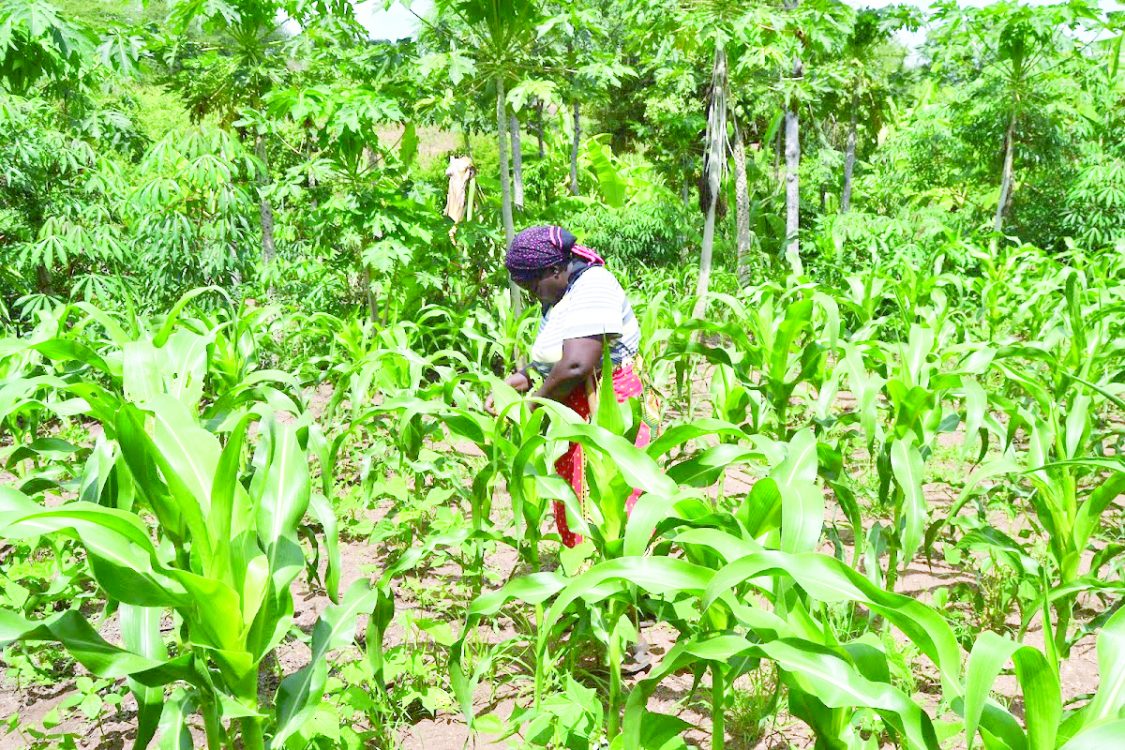How Kenya’s first satellite launch will benefit farmers

Kenya will make history as it launches its first satellite to space today after its postponement due to unfavourable weather conditions.
And as Kenyans anxiously wait for this milestone, majority of them are yet to understand how the launch will benefit the common man and why it should matter to them.
Pattern Odhiambo, Taifa-1 mission’s subsistence lead says the launch is critical in data collection, especially in agriculture.
He says data harvested by the satellite will enable the government to predict and plan for its future.“During rainy season, farmers in the village just know they need fertilisers and other farm inputs, but their knowledge is not scientifically guided as they do what has always been done. But with this technology, farmers will be guided on what interventions are needed in farming,” he says.
Suitable crops
He says satellite technology will enable farmers to pinpoint exact problems, such as infections and the specific area affected, which will then allow them to intervene in that particular area instead of the entire farm.
It will also guide farmers on types of product they should plant as it would be determining types of soils and what foods are likely to do well in that particular area.
“Satellite technology will reduce wastage and improve efficiency. It will also predict crop yields as the images, which will be taken in various farming seasons will be analysed and guide the farmers on crop production,” he adds.
Land for development
Aside from agriculture, the technology has the capacity of monitoring natural resources, such as lakes, oceans and forests and analysis of data sent back from the space will be able to pinpoint any abnormalities, such as flooding or forest fires.
It will also help in urban planning as technology will be able to help in identifying lands for development or other purposes, thus preventing construction of houses in lands that are suitable for farming.
Faith Karanja of the University of Nairobi says while technology is important to everyone, the major gap is on Kenyans who have no understanding of the whole space sector.
Karanja says the majority of citizens are not aware of the importance of the satellite, as it does not relate with their daily lives.
“Government should work very hard to ensure all these investments translate to tangible outcomes that wananchi can relate with,” she says.
Odhiambo further says the launch of the satellite paves way for students pursuing courses on astronomy and space in the university who had zero idea of how to utilise knowledge they get at the university.
“A majority of students are not aware of the opportunities. It is now clear that they have a place to practice in space exploration,” he notes.
Odhiambo says manpower has not been a challenge as Kenya has enough knowledgeable and skillful people to spearhead the mission.
He says aside from the launching, which will be happening from the United States due to unavailability of facilities, most of the segments will be done locally and monitored locally. “Space launching has various segments, such as space segment, launch of the mission where satellite is carried to space, which we cannot implement locally, ground segment and mission segment is fully Kenyan and we are looking forward to having subsequent launches locally,” he adds.










